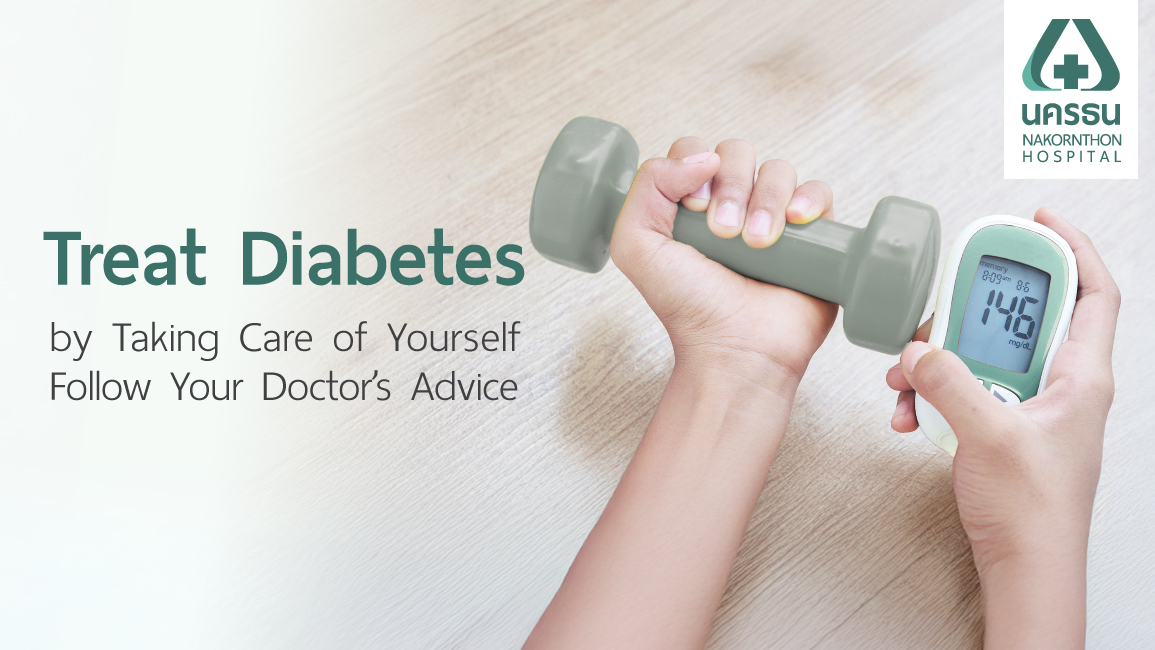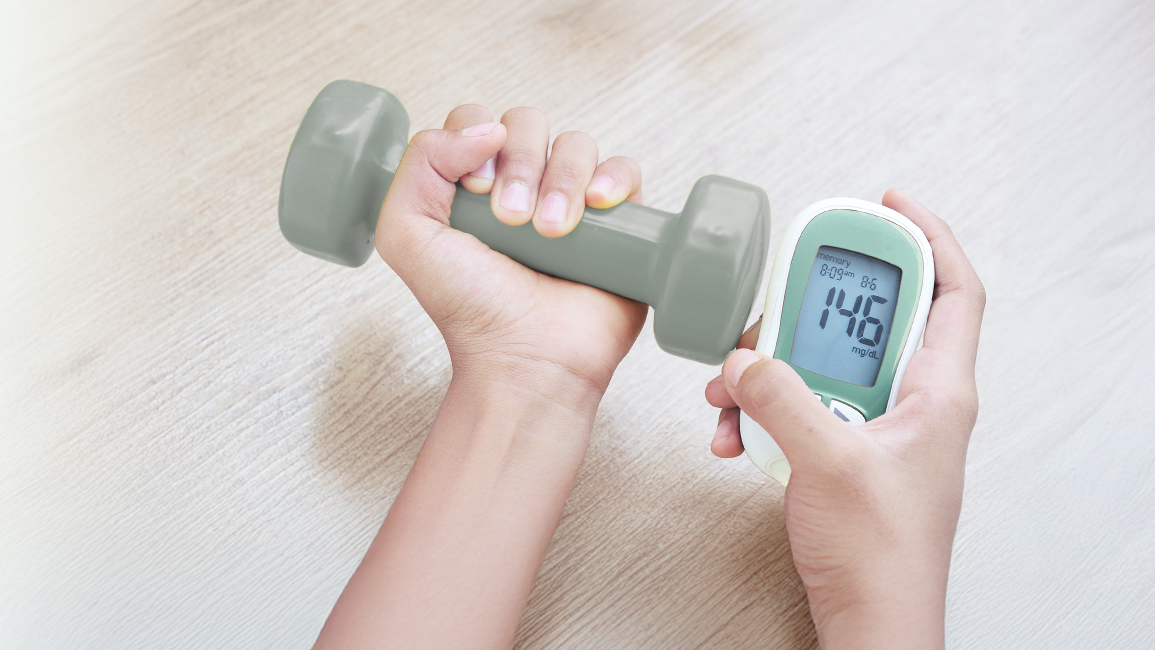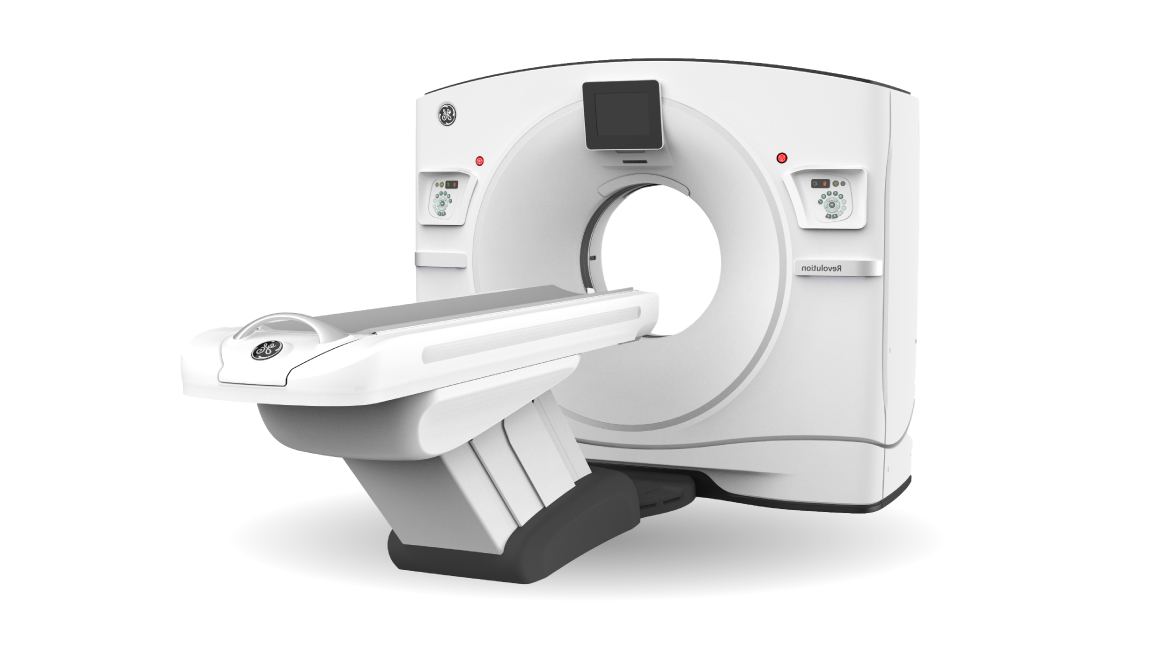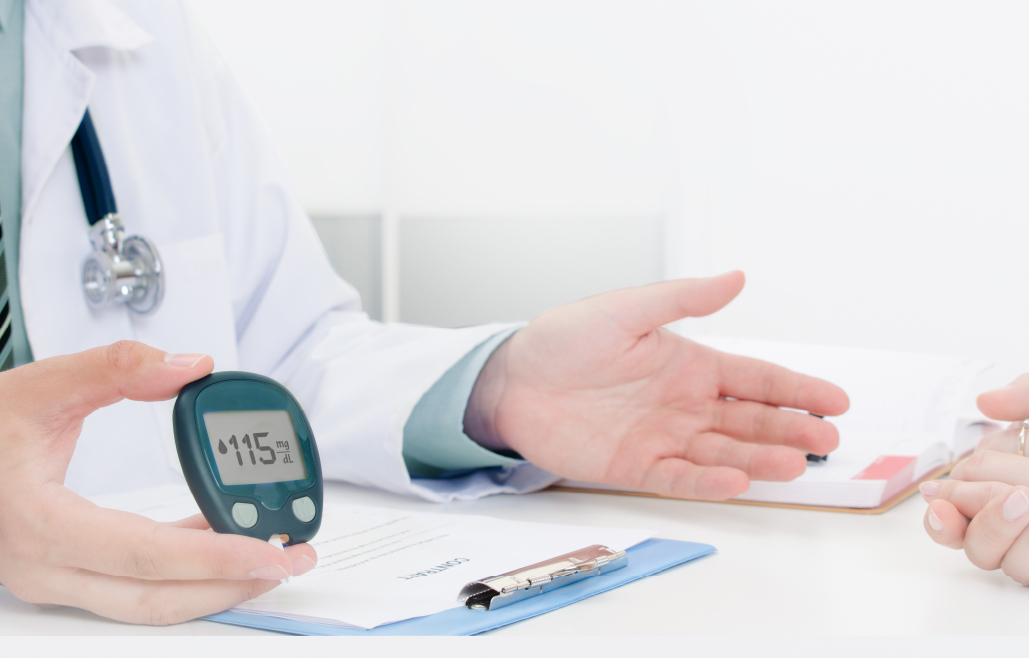Diabetes Treatment: Take Control Becomes a Silent Threat
Center : Internal Medicine Center (Diabetes), Orthopedics Center
Article by : Dr. Supatra Pavarangkoon

Diabetes mellitus is becoming increasingly common, especially among working-age individuals and teenagers. Many people think diabetes is distant from their lives, but in reality, unhealthy lifestyle habits—such as consuming foods high in sugar and fat and lack of exercise. Diabetes treatment does not cure the condition completely; it is a chronic disease that requires lifelong management. If not properly controlled, it may lead to severe complications.
Table of Contents
Symptoms of Diabetes
The symptoms of diabetes vary depending on the type and severity of the elevated blood sugar levels. Type 1 diabetes tends to present quickly and severely, while type 2 diabetes develops gradually and may be asymptomatic in the early stages. Many diabetics are unaware of their condition until serious complications arise. Common symptoms include:
- Frequent urination (Polyuria): High blood sugar causes the body to excrete excess glucose through urine, leading to frequent urination, especially at night.
- Excessive thirst (Polydipsia): Water loss through frequent urination triggers intense thirst.
- Other symptoms: Unexplained weight loss, fatigue, blurry vision, numbness or tingling in hands and feet, inflamed gums, and frequent dental issues.
Essential Guidelines for Diabetes Treatment
Current approaches to diabetes treatment focus on:
- Glycemic Control: The main goal is to maintain normal blood sugar or close to the blood sugar normal range to minimize both acute and chronic complications.
- Comorbidity Management: Many diabetics also suffer from high blood pressure, dyslipidemia, and obesity. Managing these helps reduce cardiovascular risks.
- Complication Prevention and Management: Early screening for issues like diabetic retinopathy, nephropathy, neuropathy, and diabetic foot ulcers allows timely intervention.
- Education and Lifestyle Modification: Patients need proper knowledge about self-care, diet, exercise, and medication use to manage the disease effectively.
7 Ways to Treat Diabetes


Current diabetes treatment focuses on maintaining blood sugar levels within an appropriate range to prevent or delay both acute and chronic complications. It also aims to improve the overall quality of life for diabetic patients. The key approaches include:
Lifestyle Modification
Adopt consistent and balanced eating habits. Include all food groups—complex carbohydrates, protein, and healthy fats—in suitable portions. Avoid high-sugar and high-fat foods. Daily caloric intake should be tailored to individual energy requirements.
Exercise regularly
Engage in regular physical activity for at least 30 minutes a day, 3–5 times per week, totaling 150 minutes weekly. This diabetes treatment should start gradually with enjoyable activities like brisk walking, jogging, cycling, swimming, or aerobics to build a sustainable routine.
Medication
Physicians set treatment goals to maintain blood sugar level close to the normal sugar level in blood. Diabetes treatment options differ depending on the type of diabetes:
- Type 1 Diabetes: Caused by autoimmune destruction of pancreatic beta cells, leading to insufficient insulin production. Management requires planned exercise, self-monitoring of fasting blood sugar, and insulin therapy (a common type of insulin treatment).
- Type 2 Diabetes: Involves insulin resistance and impaired insulin secretion. Initial treatment focuses on lifestyle changes such as diet, exercise, and weight loss. If blood sugar levels remain uncontrolled, oral medications or injectable drugs, may be needed.
Patients must strictly follow medical advice regarding drug dosages and timing. Do not adjust or stop medications independently. Learn how to use and store medications correctly and monitor side effects, especially hypoglycemia.
Healthy eating
Follow a strict diet. Choose high-fiber foods like leafy greens, whole grains, and low-sugar fruits. Avoid sugary foods, saturated fats, and trans fats. Control daily carbohydrate intake and divide meals into smaller, more frequent portions to stabilize blood sugar.
Monitoring your blood sugar
Self-monitoring of fasting blood glucose and blood sugar levels helps identify patterns and assess treatment effectiveness. Keep a record of readings, meals, and activities to review with your doctor and adjust care plans.
Foot Care and Emotional support
Check your feet daily for signs of blisters, redness, or numbness. Always wear appropriate footwear. Stress management is crucial since emotional stress can spike blood sugar level. Practice relaxation techniques and get adequate rest.
Reducing Your Alcohol Consumption
Diabetes treatment Quit smoking and limit alcohol intake. Both increase the risk of severe complications. Smoking worsens insulin resistance, while sugary alcoholic drinks like beer, sweet wine, and cocktails can raise blood sugar and hinder control.

Control Diabetes the Right Way for a Quality Life at Nakornthon Hospital
Though diabetes is a chronic condition, with proper knowledge and behavioral changes, you can live a happy and healthy life. Understanding the causes, methods of diabetes treatment, and consistent screening are keys to well-being.
At the Internal Medicine Center, Nakornthon Hospital offers holistic and comprehensive care—from accurate dm diagnosis, personalized plans, and advanced treatments to lifestyle guidance. Our expert physicians and multidisciplinary team—including nurses, dietitians, and pharmacists—specialize in diabetic care and complications, ensuring the best possible outcomes.
For more information, please contact:
- - Website : https://en.nakornthon.com
- - Facebook : Nakornthon Hospital - International Patient
- - Line : @nakornthoninter
- - Tel: 02-450-9999 (Available 24 hours)


Dr.Supatra Pavarangkoon
Endocrinology and Metabolism
Internal Medicine Center (Diabetes)
Free Online Consultation
Article of Internal Medicine Center (Diabetes), Orthopedics Center
High-Speed CT scan 443 Slices: Precision, Speed, and Reduced Radiation Exposure
Hyperglycemia: When High Blood Sugar Becomes a Risk for Diabetes





